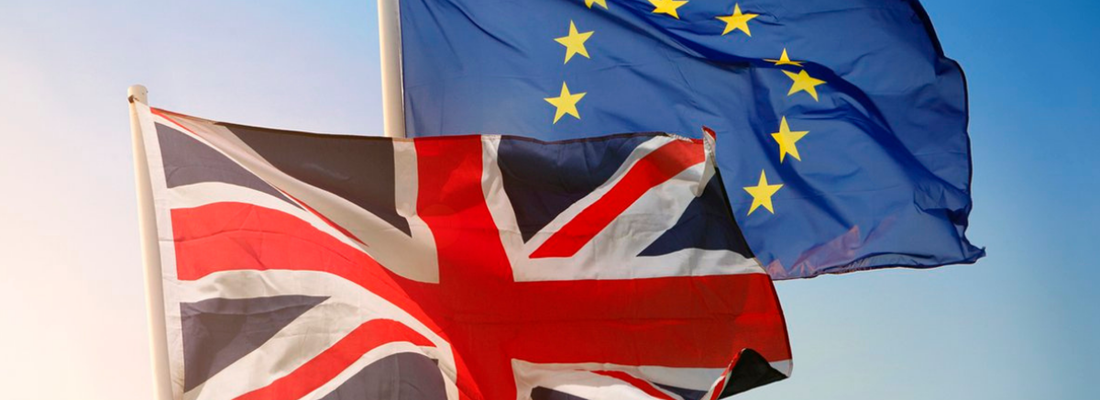Brexit – Key Messages for Your Clients

It’s happened. The UK has completely left the EU, and whilst the World didn’t end on 31 December, we’ve seen a constant news stream telling us about delays at the border, unforeseen costs, and unprecedented amounts of paperwork. Only time will tell if these problems will be ironed out, but in the meantime, here are some key areas where accountants in practice can proactively help their clients weather the storm:
VAT rules for goods moving between the UK and the EU are very different
Some of your clients who deal with suppliers and customers in the EU may be unaware of the new VAT rules for goods. In summary, there are no longer such things as “Acquisitions” or “Dispatches”. Goods coming from the EU are treated as imports and goods being sent to the EU are treated as exports. You can use our Brexit VAT flowchart to identify the appropriate advice to give your clients.
There aren’t many changes to the rules for international services
There are a couple of changes to both the B2B (business to business) and B2C (business to non-business) place of supply rules, but the main changes effect those UK businesses who supply digital services to non-business customers in the EU. We’re talking about businesses who supply things like downloads or apps, which are taxable in the EU member state where the customer belongs. VAT MOSS allows the UK supplier to account for the EU VAT due, but for supplies made after 31 December, the UK’s VAT MOSS system is no longer available. Services are also covered in our Brexit VAT flowchart.
The UK/EU trade agreement isn’t completely “tariff-free”
The “rules of origin” mean that goods that were made in China (or anywhere outside of the UK or EU) are not deemed to originate in the UK or EU, so if they are first imported to the EU, then imported into the UK, they will be subject to tariffs. A recent BBC news story told us how a UK lady had to pay £82 of duties and charges on a £200 coat she had bought from the EU. Sadly, the article didn’t give us a breakdown of the unforeseen cost, but it’s likely that it comprised import VAT, a freight-forwarder’s admin fee and, if the coat originated outside the EU, import tariffs.
The problems posed by new customs procedures are not insurmountable
Businesses sending goods to the EU will need to be aware of the increased “red-tape” involved in their logistics. Customs agents and freight forwarders are recommended to help clients with these matters, but traditionally, it is the accountants who know more about VAT. It’s time for some joined-up thinking, and accountants, with their existing VAT knowledge and commercial awareness, are in an ideal place to advise on supply-chain matters. We know that import duty, excise duty and customs declarations are not the usual advisory services given by accountants in practice, but now is a good time to take advantage of the opportunity.
There are different rules for Northern Ireland, which will also impact on British businesses that trade with Northern Ireland
A common refrain from the mainstream media is that Northern Ireland now has “the most complex VAT regime in the World”. Largely, this is due to Northern Ireland remaining subject to EU VAT legislation in respect of goods, but not services. Adding further complexity to the mix is the set of rules directing how goods moving between Northern Ireland and Great Britain are treated for VAT and customs purposes. Even if British accountants don’t have clients in Northern Ireland, a significant number of British businesses will deal with Northern Irish customers or suppliers, so an awareness of the rules is recommended.
The UK/EU Trade Agreement affects UK data protection rules
The EU has agreed to delay data transfer restrictions for a period of at least four months, which could be extended to six months. During this time, personal data can flow freely from the EEA to the UK. UK businesses that receive personal data from the EEA will need to prepare for when the period ends; if adequacy agreements are not reached, data transfers to the UK will have to comply with EU GDPR transfer restrictions.
Our collection of courses “Understanding the Impact of Brexit” covers many of the topics in this article. To view the collection, and our other Brexit-related resources please see our Brexit web page.




